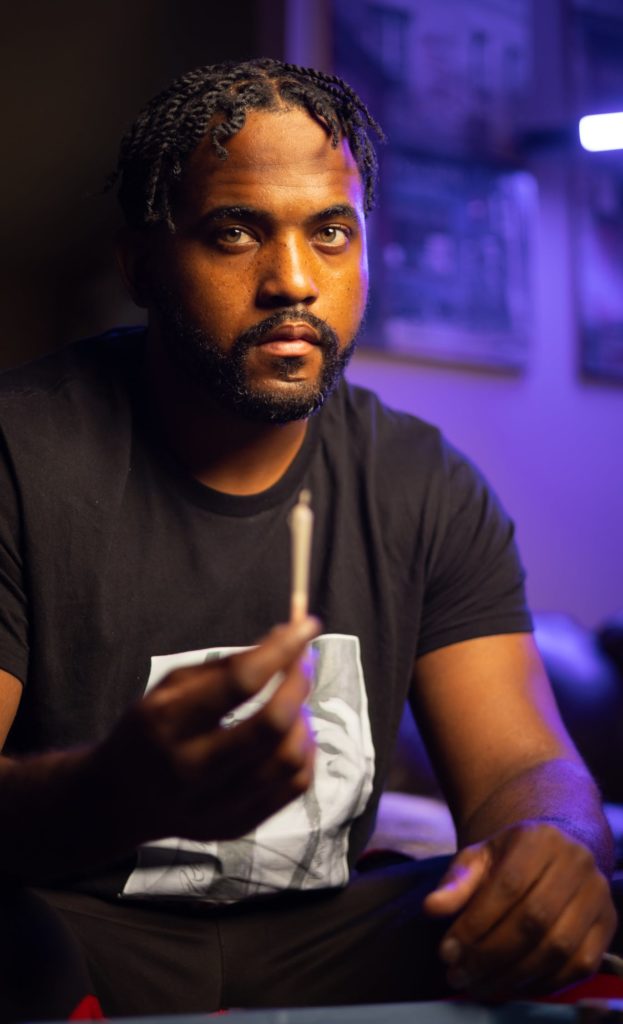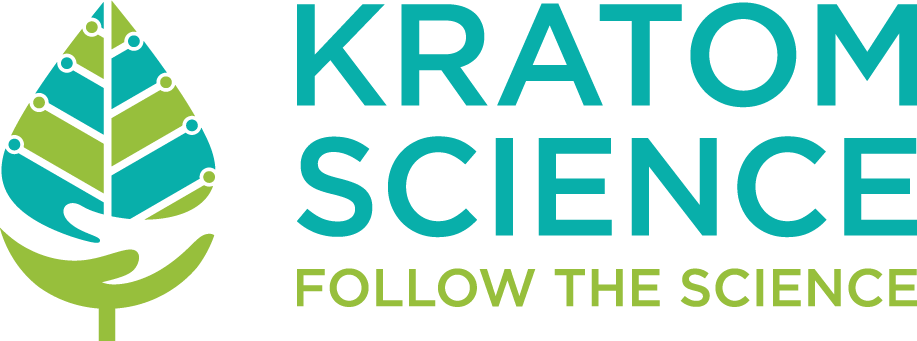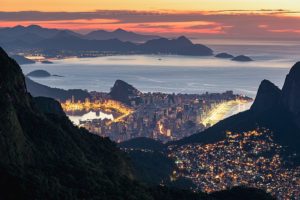France’s strict drug policy
It is quite clear to us that the prohibitionist model has created a black market where political actors and self-interested characters are involved, moving stratospheric amounts of money between trafficking, arms trade and the financing of terrorist activities. Society as a whole receives practically no benefit from this vicious model. A serious discussion on the subject is being postponed, or rather cancelled, and we all lose from this fact.
Drug addicts, drug, arms and human trafficking networks are gaining more and more strength and are creating institutions in parallel to States in certain parts of the world. A real discussion on the subject is becoming more and more necessary worldwide, but social dogmas, lobbies of certain socio-economic groups and personal interests override what could be considered an honest approach.
“Marine Le Pen opposes any laxity and has declared that laws must be applied more harshly, more police forces and more judicial repression. More of the same that benefits the big trafficking networks.”
The case of France is very illustrative: the country is considered one of the strictest in Western Europe with respect to its drug policy. Even marijuana production, possession, sale, purchase and even medicinal use are prohibited. The penalties are harsh, and quite disproportionate, especially since they do not make a clear distinction between the trafficker and the one who possesses it for personal consumption. Production can be punished with up to 20 years imprisonment, while the consumer can be punished with one year in prison or a maximum fine of 3.750 €. With the exception of the Scandinavian countries, no other Western European country has such harsh penalties for marijuana.
It is worth noting that, despite this scenario of illegality, marijuana is widely consumed in the country. According to the National Institute for Higher Studies in Security and Justice, France is one of the main cannabis consumer markets in Europe. Who benefits from this marginalized economic activity? Surely neither the State nor society. As far as synthetic drugs are concerned, the laws are even tougher and this closure of the dialogue on something that is part of an indisputable social reality, whether we like it or not, does not help.
The upcoming elections in the European Union’s second largest economy may not result in a paradigm shift in the country’s drug policy, but the road to a healthy and honest discussion definitely does not go through the position of Marine Le Pen, who already stated that France would be losing the war on drugs because it hasn’t been really fighting them. She is opposed to any laxity and has declared that the laws must be applied with more harshness, more police forces and more judicial repression. More of the same that benefits the big trafficking networks.
Next week we are going to discuss the surprising ban of kratom in France at the beginning of 2020, without any public discussion about it. What are French politicians hiding?

France does not make a clear distinction between trafficking and personal use of cannabis.



